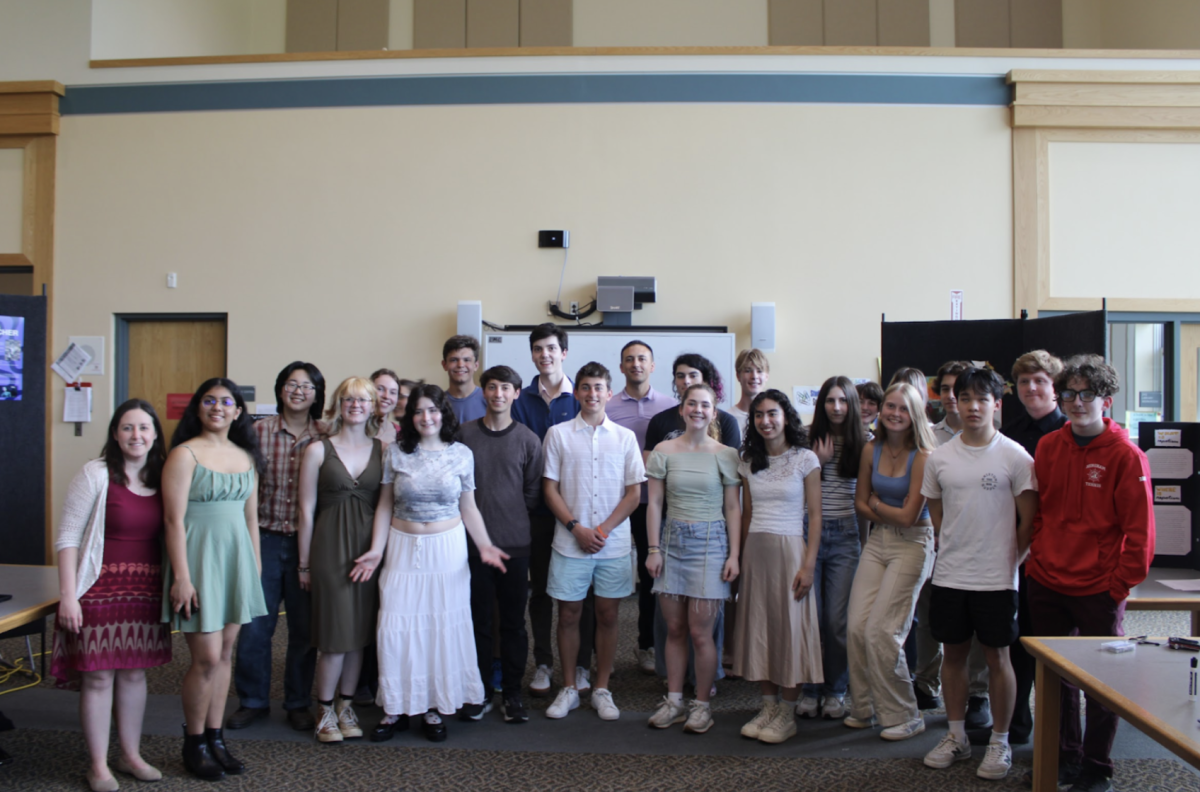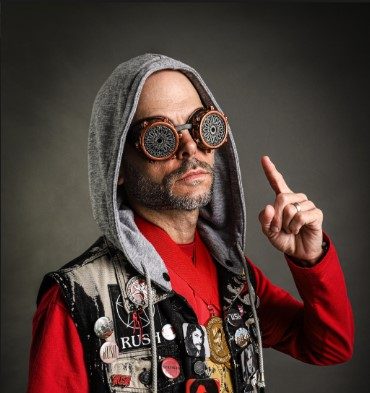North Korea Denies Responsibility for Sony Pictures Hack

December 7, 2014
Last week, Sony Pictures was allegedly hacked, not too far before the release of its latest film, “The Interview” due to release on Christmas. This may not be coincidental. The film stars Seth Rogen and James Franco, who play journalists enlisted to kill North Korea’s dictator Kim Jong Un. The film has outraged the country.
Sony Pictures is currently investigating the attack. Although the company has not formally accused anyone yet, fingers are pointing straight at North Korea. According to Gary Miliefsky, Korea has the capability to have performed the attack. Not only do they have an army of cyber hackers, they are currently in partner ship with China, which has some of the most advanced technology in the world. Independent researchers have discovered similarities between the code used to attack Sony and a cyber attack on South Korea last year. although the source was never confirmed, South Korea claims North Korea to be the instigator.
Furthermore, the upcoming remake of Annie was leaked online. It angered North Korea even more. According to BCC, North Korea said the film was “the most undisguised sponsoring of terrorism as well as a war action.” Ja SongNam, the country’s envoy, said there would be a “merciless response” if the film was not cancelled. however, a diplomat on Voice of America, who asked to remain anonymous, denied both this and his country’s attack on Sony. “Linking (North Korea) to the Sony hacking is another fabrication targeting the country,” he said. He went on to say that his country publicly declared that it would ban hacking and piracy.
The FBI continues to investigate the attack, but has not been able to prove anything so far. According to the Culver City California-based FBI firm, “the targeting of public and private sector computer networks remains a significant threat, and the FBI will continue to identify, pursue, and defeat individuals and groups who pose a threat in cyberspace.”
































